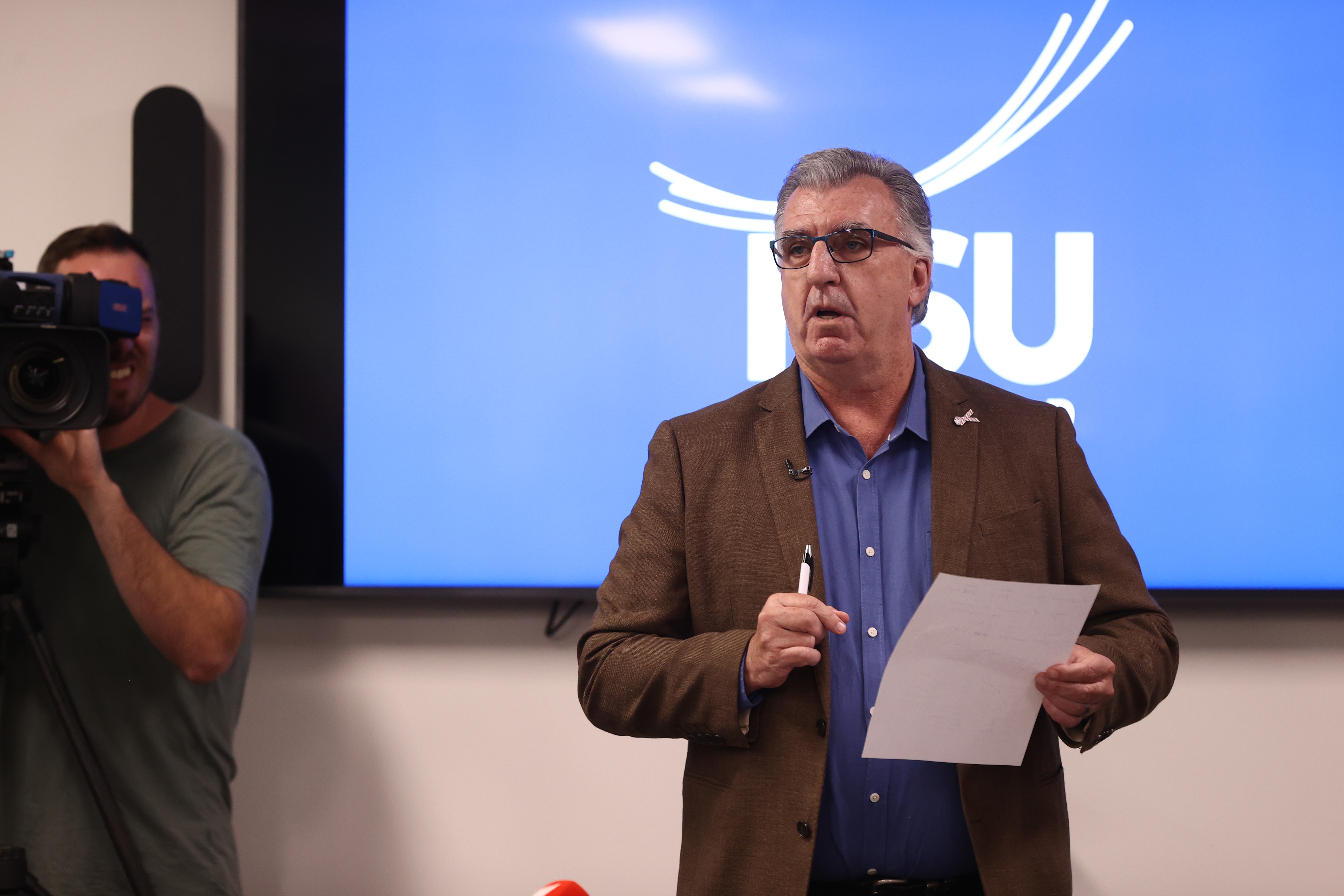Thousands of aged care workers will benefit from wage increases of up to almost 30 per cent following a decision from the Fair Work Commission (FWC).
The ruling from the FWC, handed down today, enshrined significant pay rises for employees, although the exact amount varies depending on the type of worker.
"Effectively, for personal carers, there's an increase between 18 per cent and 28 per cent. Home care, between 15 per cent and 26 per cent," Health Services Union (HSU) president Gerard Hayes said.
READ MORE: Wealthy Aussies could pay more for aged care, but no new tax on the way
For some workers, that will mean an increase of more than $9 per hour.
"A personal carer will go from $23.10 to $32.52," Hayes said.
"That, going forward, now makes aged care competitive with the public health system.
"We will see a lot of people work in aged care – particularly in regional New South Wales – moving out of hospitals and into aged care, because they love the work, they do it because they care about people, they care about their community, and now they'll be able to afford to actually work there."
However, the HSU, while hailing the FWC decision as "historic" and "life-changing", said more work needs to be done for support workers like laundry hands, cleaners and cooks after they were given a raise of 6.8 per cent raise.
"We acknowledge that people in administration and maintenance have not received the wage increase we pushed for," Hayes said.
"We will keep pushing and fighting to lift their wages."
READ MORE: Australia restores millions in funding to crucial Gaza aid organisation
The HSU lodged its case for a 25 per cent pay increase for all aged care workers with the FWC in 2020, arguing the work had been "undervalued because of its increasing complexity and its overwhelmingly feminised workforce".
The FWC handed down an interim 15 per cent pay increase last year. That increase is included in the larger raises delivered today.
"Most of the aged care workforce itself can now imagine and plan for fully fledged careers, where people can plan a life around their work and really commit to it," Hayes said.
"Many workers have subjected themselves to the edges of poverty and homelessness to work in this industry.
"Now they can care for the elderly and also provide for themselves and their family."
Aged care provider Anglicare welcomed the decision, and called on the federal government to fully fund the pay raises.
"Aged care workers across the country will be applauding this news, which will make the workforce stronger and help it support older people," Anglicare Australia executive director Kasy Chambers said.
"We are particularly pleased that today's decision recognises that aged care workers have been underpaid as a female-dominated workforce, and recognises the important contribution of care work. Most of the beneficiaries of today's decision will be women.
"Now we need to ensure that the government stands by its commitment to fund these pay increases."





